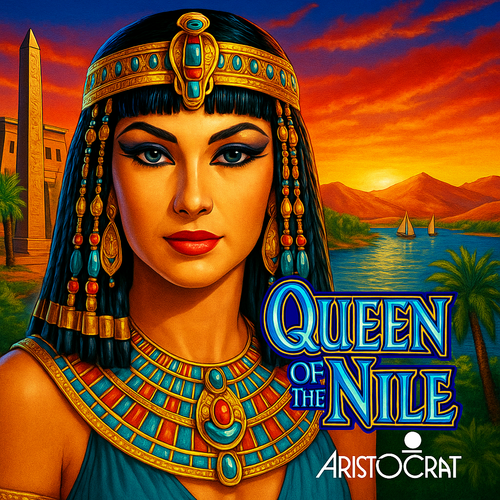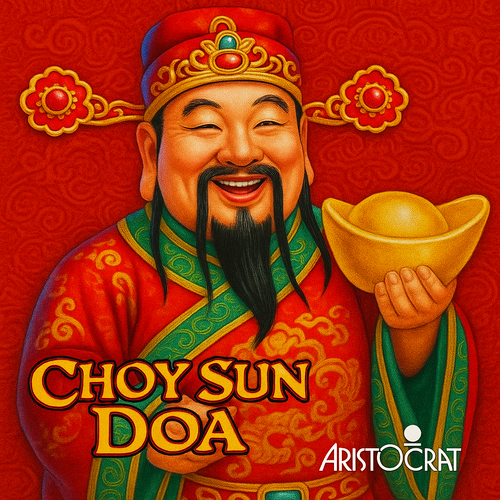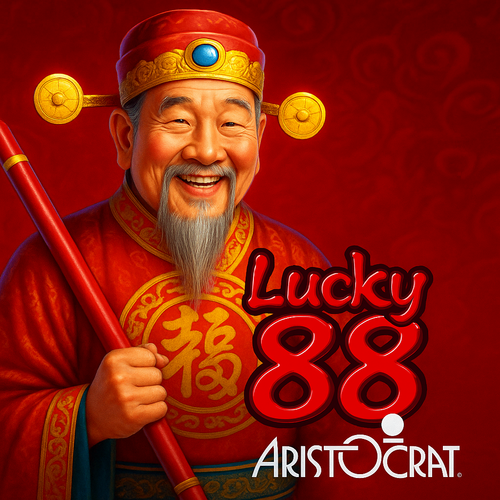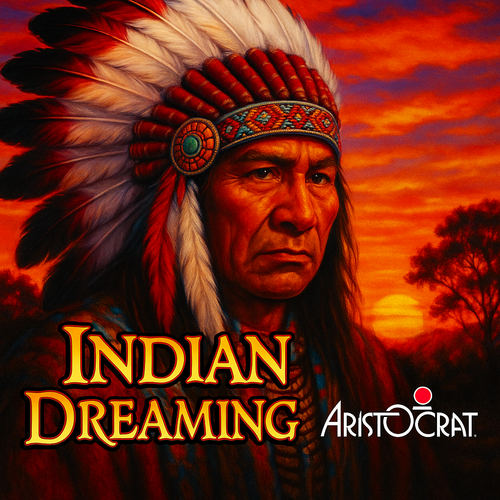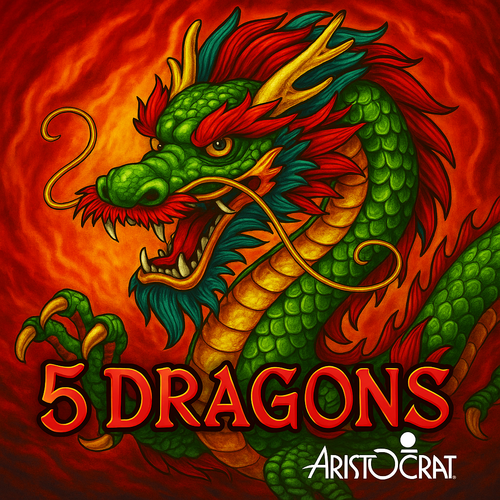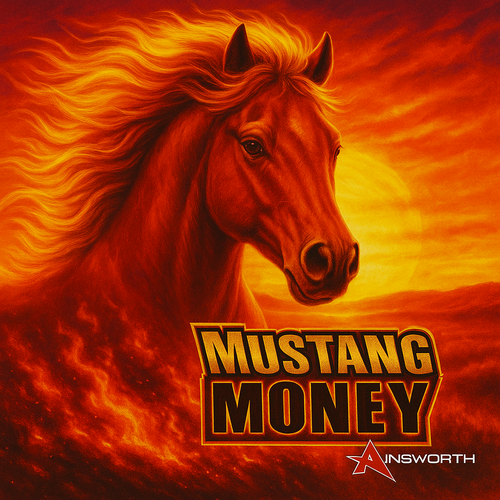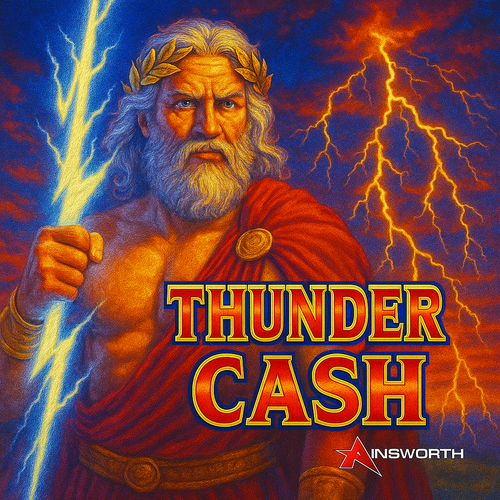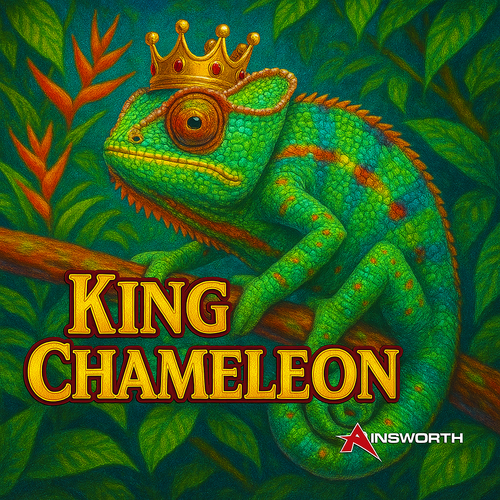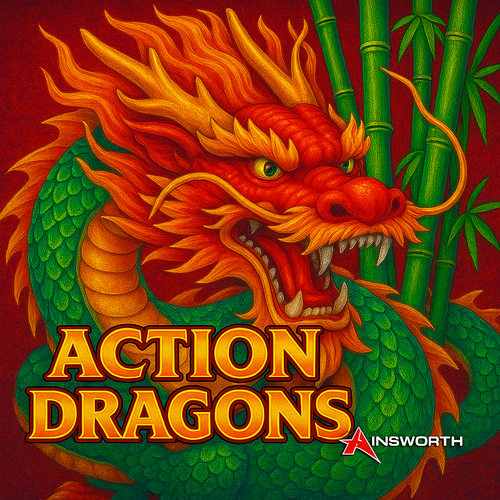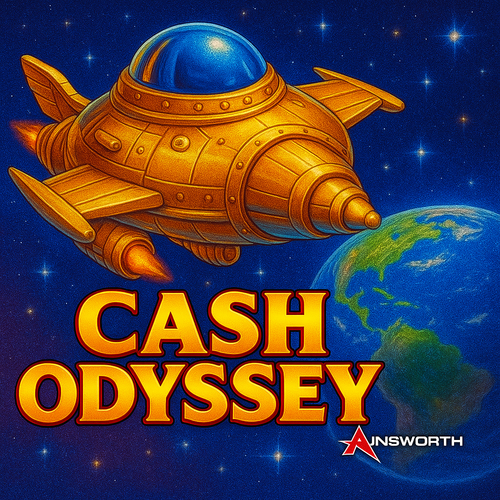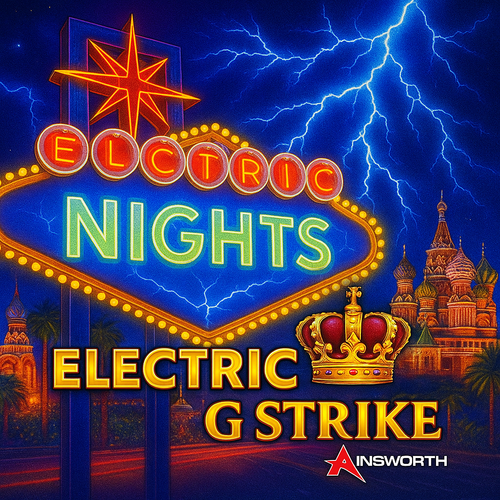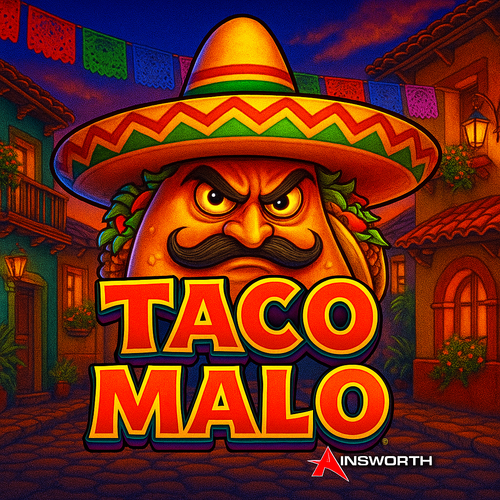Differences between slots for casino and social applications
Introduction
Slots for online casinos and social slots in Facebook or mobile games are similar in appearance, but fundamentally different in economics, payment rules and tasks. Understanding these differences will help developers and operators choose the right mechanics and players navigate the experience on offer.
1. Monetization model
Casino slots:- Real currency: Players deposit money, place bets and receive real payouts.
- RTP and House Edge: the slot is certified, return to player (RTP) is laid in the matmodel (usually 92-98%).
- Paid bonuses: buying freespins, additional functions for real money.
- Virtual currency: Coins or "credits" are issued free of charge, refilled every few hours, or for viewing ads.
- No RTP: no real money payments, gameplay is free from certification.
- Micropayments and subscriptions: Buying packages of virtual coins, amplifiers or subscriptions to daily bonuses.
2. Goals and motivation of players
In casino slots:- Excitement and a chance for a big win: motivation is a monetary reward.
- High volatility: risky mechanics, rare but large payments.
- Self-control and limits: players set deposits, can use "play responsibly" tools.
- Entertainment and social engagement: exchange of gifts, leaderboards, joint tournaments.
- Low risk: there is no loss of real funds, the gameplay is calmer.
- Gamification: collections, tasks, daily missions, events and contests.
3. Mechanics and gameplay design
Casino slots:- Limited free spins: Bonus rounds exclusively for real bets or Buy Bonus.
- Clear mathematics: settings for symbol weights, fixed paylines, verified by RNG.
- Minimum interface: focus on bets and winnings, without pumping character or levels.
- Unlimited "warm-up" backs: free loans allow you to play endlessly.
- Levels and progress: experience, profile levels, discovery of new topics and mechanics as you pump.
- Extended UI: trading cards, avatars, in-game chats, friend notifications.
4. Regulation and safety
Casino slots:- Licensing providers and operators: MGA, UKGC, Curacao, etc.
- Independent RNG and RTP audits: eCOGRA, GLI, iTech Labs.
- Legal liability: the possibility of complaints to the regulator, self-exclusion.
- Free development: there are no strict requirements for RTP and RNG.
- Minimum checks: social networks can only present general rules for publishing applications.
- Data protection: GDPR/CCPA regulate personal data, but not a gaming algorithm.
5. Behavioral and marketing techniques
Casino slots:- Extreme marketing: "challenge fate," "catch the jackpot."
- Progressive jackpot slots: Multiple players' total betting pools.
- Push notifications with specific offers: cashbacks, deposit bonuses.
- Social distribution: "invite a friend and get coins."
- Daily entrances and missions: cascades of events that form the habit of returning.
- Advertising integrations: watching video ads for virtual gifts.
Conclusion
The key difference between casino slots and social slots lies in the reality of bets and payments: the former work on tough certified models for money, the latter on the virtual economy with an emphasis on gamification and social interaction. Understanding these differences is important for developers, operators and players to adapt mechanics to the needs of the target audience and provide an optimal experience.
